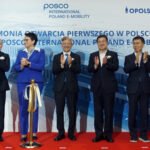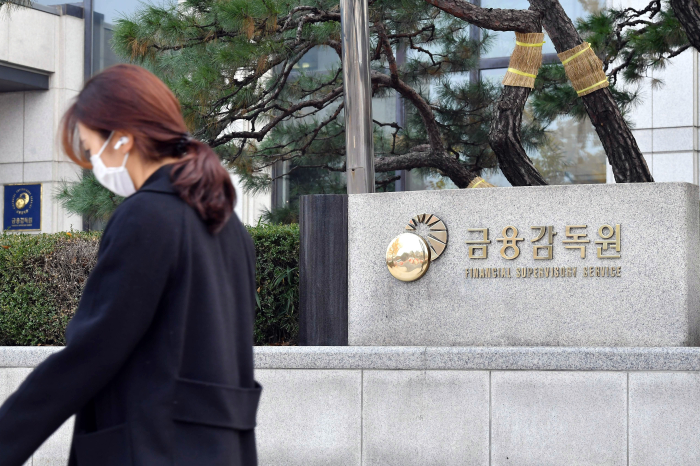
South Korea’s Financial Supervisory Service (FSS) has put the brakes on Korea Zinc Inc.’s 2.5 trillion won ($1.8 billion) rights issues aimed at repaying debts used for its recent share buybacks in a battle against an MBK Partner-led takeover bid.
The regulatory body said on Wednesday that found fault with the rights offering process, which appeared to start during Korea Zinc’s tender offer period for buybacks on Oct. 4-23 and questioned the rationale behind the new share issues.
It required the world’s largest lead and zinc smelter to revise the prospectus for new share sales.
“After reviewing the securities report submitted by Korea Zinc, we found insufficient descriptions of details such as the reason for the rights offering, its decision-making process, lead underwriter’s due diligence, the reason for setting subscription quotas and how it differs from its tender offer prosectus,” said an FSS official.
The regulator filed the prospectus revision request with DART, its electronic disclosure system, on Wednesday.
The FSS is conducting on-spot inspections of two lead managers of the rights offering — Mirae Asset Securities Co. and KB Securities Co. – about any activity against laws in relation to the offering. The two brokerage houses also handled Korea Zinc’s tender offer for buybacks.
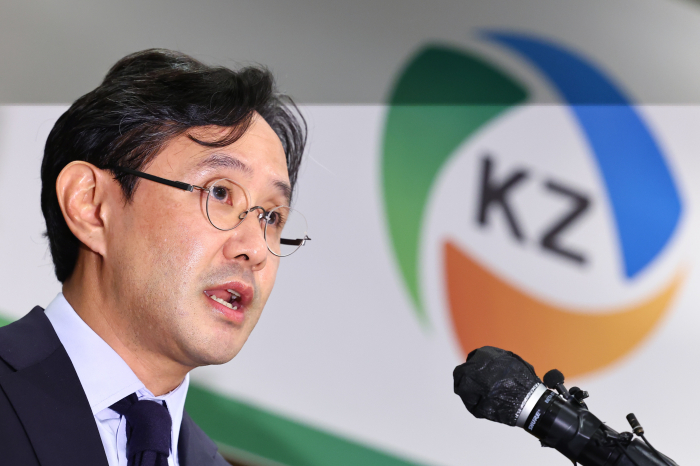
On Oct. 30, Korea Zinc surprised the market with the rights offering announcement as its fight against the MBK-led group is expected to escalate into a lengthy proxy battle.
According to the prospectus, Mirae Asset on Oct. 14 began the due diligence on Korea Zinc for the rights offering during the Oct. 4-23 buyback period.
The FSS pointed out the launch of the rights offering process in the middle of share buybacks without informing investors of the plan to finance the buybacks with new share issues could constitute a violation of the Capital Market Act.
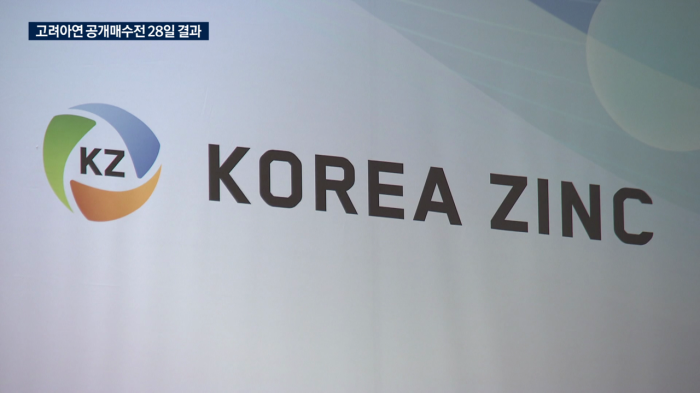
After tender offers last month, both of a Korea Zinc-led group and the consortium between MBK Partners and Young Poong Corp. failed to secure a majority. The smelter teamed up with the US private equity firm Bain Capital to counter MBK’s attempt to seize control of the company.
NOT TO WITHDRAW RIGHTS ISSUE PLAN
In response to the FSS’ request for the prospectus revision and audit of its underwriters, Korea Zinc said it will amend the document to address those issues and proceed with the rights offering.
It is required to hand in a revised report within three months. Otherwise, it has to cancel the new share issues.
Korea Zinc planned to issue 3,732,650 shares at 670,000 won each, or 25% below its buyback price of 890,000 won, in early December. The new shares will represent 20% of its outstanding shares, excluding treasury stocks that it bought back at 1.8 trillion won last month for cancellation.
Of the proceeds of 2.5 trillion won, it planned to use 2.3 trillion won to pay back debts and relevant costs.
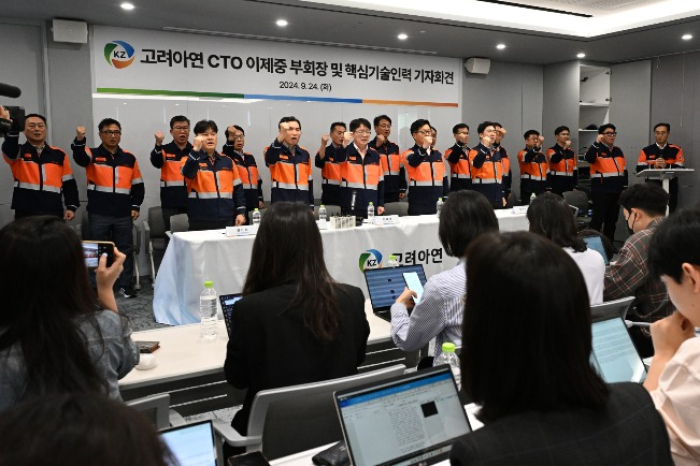
The rights offering announcement was met with a backlash from investors. They argued Korea Zinc would force its shareholders to shoulder the costs of fighting against the MBK-Young Poong coalition and consequently would hurt shareholder interests.
On Tuesday, MBK founder and Chairman Michael ByungJu Kim said its takeover bid for Korea Zinc was aimed at improving its corporate governance and shareholder value in a brief interview with The Korea Economic Daily.
The share price of Korea Zinc lost 2.15% to end at 1,230,000 won, but still above Korea Zinc’s buyback price of 890,000 won.
By Jong-Kwan Park and Woo-Sub Kim
pjk@hankyung.com
Yeonhee Kim edited this article.




